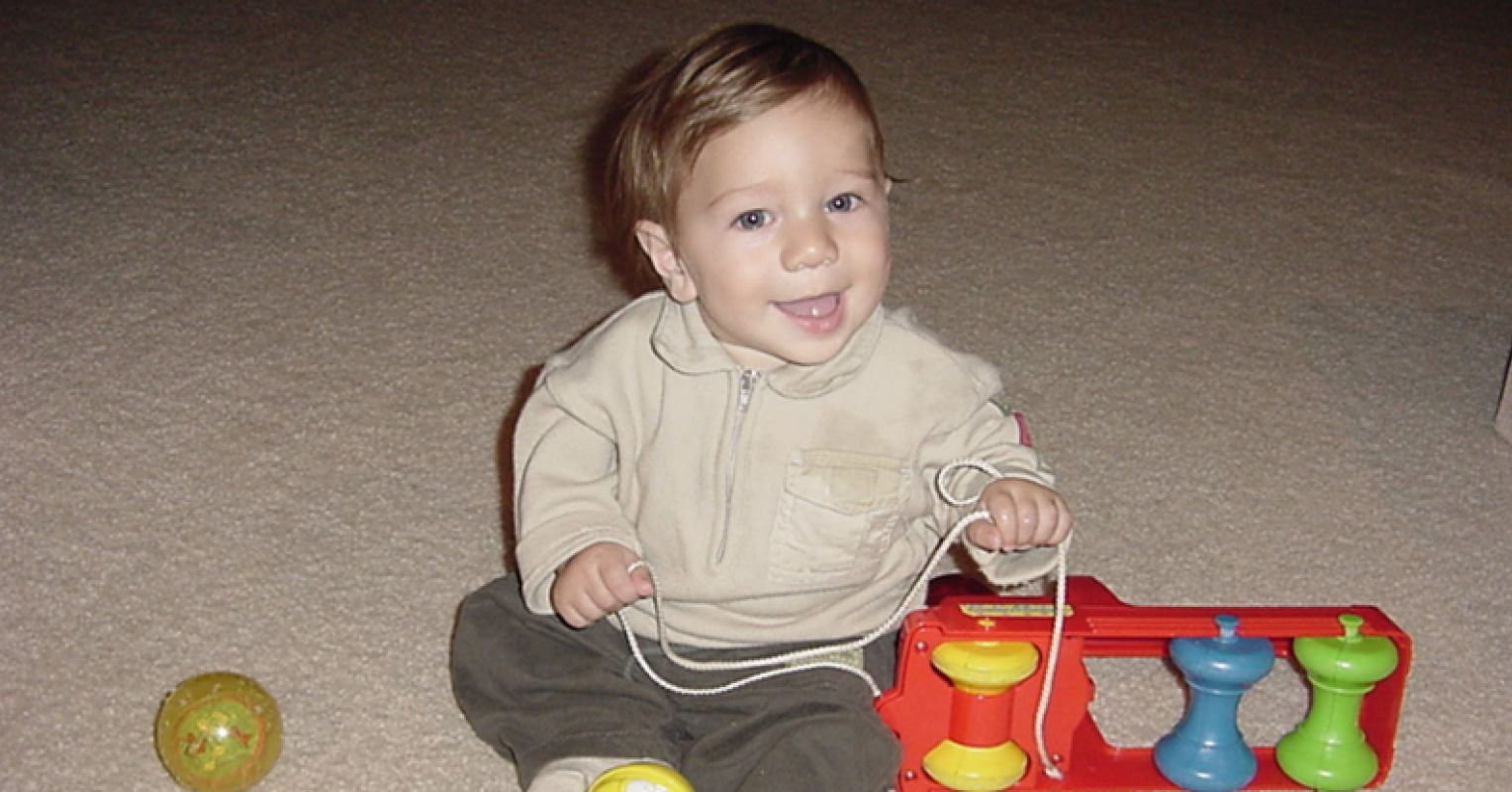
"Words don't have fixed meanings. Their meaning depends on context, history, and how we use them in everyday life. For example, depending on the context, a "bug" can be an insect on your plant, a glitch in your computer, or the virus making you cough. Now consider the word "ape." In casual conversation, "ape" usually refers to big, tailless, nonhuman primates like gorillas, chimpanzees, or orangutans."
"From a biological standpoint, organisms are classified through a taxonomic hierarchy: kingdom, phylum, class, order, family, genus, species. Homo sapiens (i.e., modern humans) fall squarely within the family Hominidae. In the language of science, this family is known as the family of great apes. It includes chimpanzees, bonobos, gorillas, and orangutans. And it includes us as well. So, Jon, at six months old, was quite literally a great ape. Of course, he still is. And so am I. And so are you."
Human beings are taxonomically members of the family Hominidae, the great apes, alongside chimpanzees, bonobos, gorillas, and orangutans. Ordinary language often treats "human" and "person" as synonymous, producing intuitive descriptions of infants as persons. Philosophical personhood, however, is defined by capacities for self-conscious reflection and narrative, capacities that newborns and very young infants lack. Consequently, newborn humans are biologically apes but do not yet possess the philosophical status of persons. Clarifying the difference between scientific taxonomy and everyday language helps resolve confusions about identity, status, and moral consideration across developmental stages.
Read at Psychology Today
Unable to calculate read time
Collection
[
|
...
]